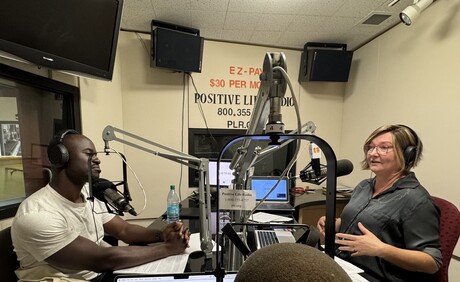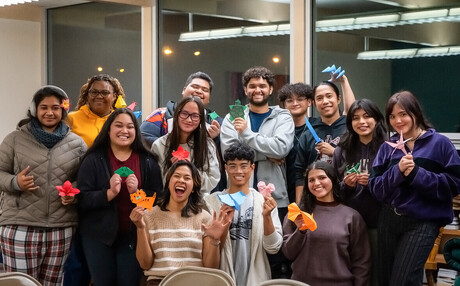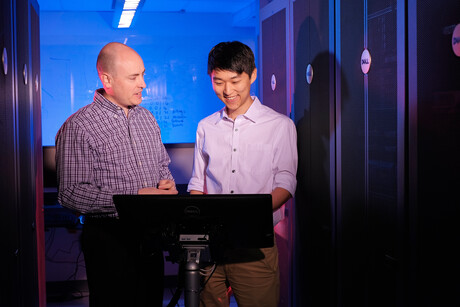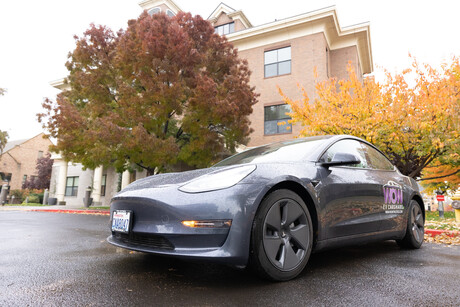What's the best way to learn how to manage a business? Hands-on experience does it every time. Rebecca Parshall, Walla Walla University junior humanities major, and Ryan Eggers, 2007 engineering graduate, understand this more than some.
Parshall and Eggers recently went on an independent trip as student missionaries to Murwira Adventist Children's Home in Zimbabwe. The orphanage was the beneficiary of the university's Mission: Zimbabwe fundraiser last school year. The university had a goal to raise $15,000; in the end, over $37,000 was donated to support the orphanage.
When they arrived, the two students jumped right into managing Murwira Orphanage. The orphanage director lives an hour away in town, so Parshall and Eggers were the final go-to for all 90 employees and 35 children.
"A lot of what we did revolved around pay day," says Eggers. "The workers are paid in food because the Zim dollar isn't stable. By the time they got to town to buy food, the money would be worthless."
As a result, the employees are paid in soap, oil, salt, sugar and cereals.
Parshall and Eggers also wrote and implemented a code of conduct, a chain of command, employee contracts and job descriptions, none of which existed prior to their arrival.
"The reaction of the employees to the change was really positive," says Eggers. "They were excited to learn about professionalism. Many knew it needed to be that way, and they were glad it was finally happening."
They also worked on giving the employees authority over their departments. They named supervisors and explained their responsibilities. They held regular staff and supervisor meetings and asked that the meetings continue after they left.
"We wanted things to run smoothly even if there was no consistent director, since our positions as managers were constantly in transition," explains Parshall. "We tried to teach them how a business should flow, so they could self-manage."
Parshall and Eggers also ran an emergency service between the rural clinic near the orphanage and the main hospital in the city, and regularly took patients from the clinic to see doctors in the city. Most were children, and most were HIV patients.
"Besides the day-to-day, we tried to get the kids out and about as much as possible," says Parshall. "We took them to the swimming pool in town, to a talent show, and—for many of them—to their first pizza and ice cream feed."
Their plan now is to look into setting up college funds for the children. There are currently no long-term plans for them once they leave the orphanage.
"The key to any project is education and long-term sustainable development," says Eggers, "not just handouts. Those kids are special, and we want to do all we can to give them a promising future."






